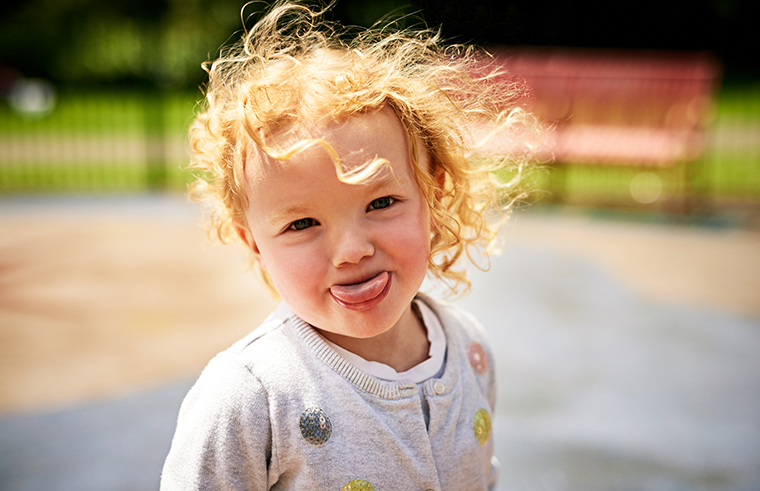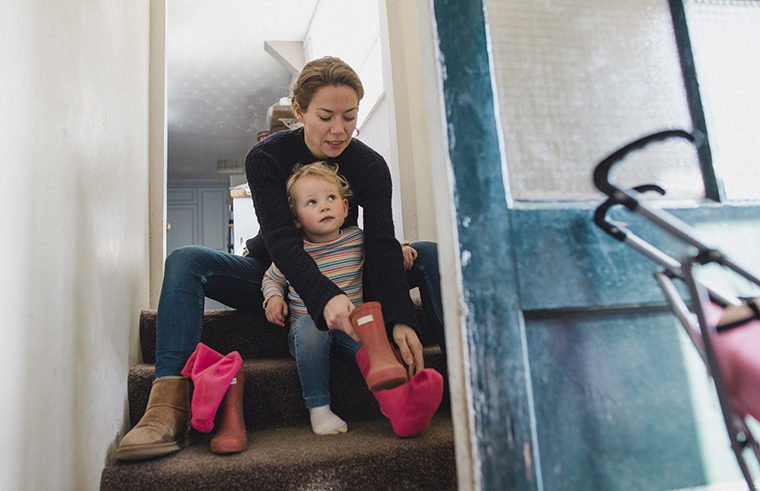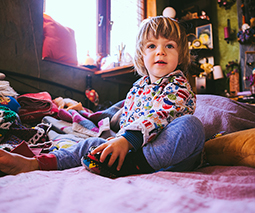The truth about bribing your kids: How much is okay?

Most parents use bribery at some point to alter their child’s behaviour, and we’ve probably all heard the expert advice that it’s something we shouldn’t get into the habit of.
But how bad is bribery really? And is there any other way to get our kids to behave the way we want them to?!
Why parents use bribery
We’ve all been there: the late and desperate parent who offers a reward if they get into the car IMMEDIATELY, or the tantrumming child in the supermarket who is promised a Kinder Surprise if they behave themselves.
As overstretched parents, we do what we have to do in the moment to make it through the day – this raising kids business is tough and not all of us have the time and patience to talk things through with our children every single time we need to. Using a bribe or promise of a reward if they engage in a certain behaviour tends to get results, at least at first. And it offers an easy fix to a potentially stressful situation.
The problem with bribes
I’m the first to admit I use bribery to get my kids to eat their veggies. We also have a star chart on the wall to encourage good behaviour; once my children hit ten stars, they get a reward. Most of the time, these techniques have worked well for us. So what could be the problem?
Well firstly, in some ways, bribery communicates that certain behaviours, such as eating vegetables or sharing toys is unpleasant and requires a reward to do them – and without that reward, the child will remain unlikely to do it. For example, if a child is rewarded with a cookie every time they eat their vegetables, we teach them that eating vegetables is unpleasant and they never get to discover the inherent joy of chomping down on their carrots. Whoops!
There’s also the problem of kids demanding a reward in exchange for the behaviour we’re requesting. Ever asked a child to get their shoes on or complete a household chore and been met with “Okay, but what do I get for it?”
And if we continually offer rewards to fix ‘bad’ behaviour, we are actually teaching them that misbehaviour brings rewards.
Incentive is different from bribery
While offering rewards to fix bad behaviour isn’t ideal, incentives on the other hand, are okay to use. After all, we go to work in return for a wage. That’s an incentive.
Most of us like to know there’s something to gain by doing something we ‘should’ be doing. The trick here is to avoid offering a reward or incentive in the middle of bad behaviour because this sends the message that bad behaviour can be rewarded.
On the other hand, if you offer an incentive early on, such as before you’re running late for school, you can encourage the behaviour you hope to see. For example, “If you get your shoes on quickly, we’ll have time to play your favourite song in the car.”
Using rewards to create new habits isn’t so bad, either. For example, offering treats during potty training is considered okay because it’s time-specific and helps to enforce a new habit.

Helping kids enjoy better behaviour
Rather than using bribes to get our kids to eat better or share more with their friends, one trick is to get them to enjoy the result of their positive behaviour. For example, “You look stronger already now that you’ve eaten your broccoli!” or “Your sister looked so happy when your share your cars with her”.
Getting them to see the positive consequences for their behaviour can help empower them to repeat the behaviour.
Sometimes it’s about a connection
If your child repeatedly needs bribes to co-operate with you and do the right thing, this could point to an underlying problem that might be more about feeling connected to you than anything else.
Try rewarding your child’s behaviour with more time with you, even if it’s just for a minute or two at a time. Young kids love nothing more than a tickle on the floor or a ‘spin-around-cuddle’. Using these as rewards for your child’s behaviour offers them more time to be connected with you, which could, in turn, redirect the behaviour you’re trying to change.
It also comes down to self-care
If we’re running ourselves into the ground and constantly multi-tasking, we’re going to reach for bribes to control our kids’ behaviour more often, because it will seem the easiest thing to do. But if we slow down and start engaging in little and often acts of self-care, we can more easily address the behaviour in our children, and gain better longer-lasting results.
 Need some more toddler behaviour advice? Our Parent School toddler experts can help. Click to find out more or book a one-on-one session.
Need some more toddler behaviour advice? Our Parent School toddler experts can help. Click to find out more or book a one-on-one session.









